“We believe alcoholism is a family illness and that changes attitudes can in aid recovery”
-Al-Anon
Al-Anon was co-founded in 1951 by Anne B and Lois W. The Al-Anon family groups are a fellowship of relatives and friends of alcoholics who share their experience, strength and hope in order to solve their common problems. According to the Al-Anon guidelines, they follow the same Twelve steps as Alcoholic Anonymous for their group meetings. The purpose of Al-Anon is not to find a way to make the alcoholic sober; rather, it is for members to focus on themselves and be supported by others who are also affected by someone who drinks.
Every alcoholic affects at least four other people, including children, siblings, parents, spouses, partners, friends and co-workers. If you grew up affected by someone’s else drinking, Al-anon is a safe place to bring your concerns, your questions and your desire to lead a better life. The identities of the members are well protected. Membership in Al-Anon does not require any dues and is voluntary. The theme that ties the principles together is “pass along understanding” through recovery. What makes them unique is their understanding of the 3’Cs; people cannot cause alcoholism, cannot control it and cannot cure it. Note that there are no ‘experts or professional counsellors in Al-Anon.
One of the aspects about Al-Anon is that the group is supported by people who have been affected by same problems, gone through the similar trauma, and are trying to fight the battle against alcoholism. Usually, people who are affected by addiction experience feelings of shame and guilt. Al-Anon gives an opportunity to those people to share similar feelings so they can connect to each other and share the feelings of empathy.
Al-Anon is structured by the Three Legacies, which are a set of principles adapted from Alcoholics Anonymous that guide the meetings. The first legacy Recovery through the Twelve Steps, encourages using the Twelve Steps as a tool in finding solutions to problems, changing attitudes and behaviors, and living productive lives. The second legacy, Unity through the Twelve Traditions, is a framework used to help members solve problems, resolve conflict, and conduct group activities. Members are held together by the common desire to be uninfluenced by outside interests that may distract from the Al-Anon experience. The final legacy, Service though the Twelve Concepts of Service, was adapted and changed significantly to fit the needs of Al-Anon Family Groups. The concepts encourage spreading the Al-Anon message worldwide. Members also tend to use these concepts in their personal and work relationships.
Many times, it is the non-alcoholic family member who holds the family together and fights for survival of the family system. Over time, life can seem unmanageable. While they may have been victimized by the presence of alcoholism in their homes, they also unknowingly perpetuate the cycle by enabling the alcoholic to continue drinking. They do this by making excuses for the alcoholic and covering up the appearance of alcoholism. Thus, it is important that the whole family be involved in a support program in order to recover from the negative influence of alcohol on their lives and relationships. (https://al-anon.org/ )
On average, Al-Anon members attend seven meetings a month. The average length of membership is 11.3 years. Females constitute approximately 85% of Al-Anon members, and 25% of the members hold employment in a professional, managerial, or executive position. Fourteen percent of Al-Anon members are dual members of Al-Anon and Alcoholics Anonymous.
It is interesting to note that although Al-Anon claims to accept all people “of any religious faith or of none“, the second step of Al-Anon is to “believe that a power greater than ourselves can restore us to sanity.” The twelve step program also mentions “God” and “Him” multiple times. Therefore for Al-Anon attendees, an aspect of recovery requires belief in a higher power. Unfortunately, this may hinder the recovery process for some people and turn others off from it. However, another key point of Al-Anon is to “take what you like and leave the rest.”
It is recommended to attend six meetings before deciding if Al-Anon is for you. An Al-Anon meeting has an average of 12 members gathering together on a weekly basis to share their experiences for the purpose of mutual support. The format of a meeting varies from group to group. Meetings may focus on a specific topic, have a guest speaker, or be a beginner’s/newcomer’s meeting. Most meetings are “open” meetings, but some are “closed” meetings. A closed meeting welcomes any person who is affected by an alcoholic. Open meetings encourage students, professionals, and the public to sit in on the meeting to listen to members share their stories. Regardless of the meeting topic, most meetings begin with an introduction, which may include announcements or a reading of the Twelve Steps and Twelve Traditions of Al-Anon. Members then have an opportunity to share their experiences and stories with one another if they so choose. Members always have the right to decline. The meetings are generally closed with the Serenity Prayer, or another type of prayer, for members who wish to pray.
Al-Anon is a chosen community in which members have shared interests and identify with one another on a number of issues. Members learn how to disentangle themselves from the disease of alcoholism, how to set boundaries and limits for themselves, and how to focus on their own emotional health, rather than on the alcoholic. Families of alcoholics experience loneliness and lack familial connection and support, and the common identity of members of Al-Anon is the depletion of resources necessary for coping with living with an alcoholic. Al-Anon supports members during their time of distress by fulfilling needs associated with validation of feelings, thoughts, and emotions. The social support available at Al-Anon may offer the ability to restore and enhance physical, emotional, and mental health by working through one’s experiences in a safe environment.
Every one has a story associated with pain, and sharing that pain with someone who understands it to the deepest level possible can make the healing process better.
Al-Anon group meeting information may be obtained by contacting Al-Anon Family Groups listed in a local telephone directory, calling the Al-Anon Family Group Headquarters, Inc.’s 1-888-4Al-ANON toll-free meeting information line (available Monday-Friday 8 a.m. to 6 p.m. ET), or visiting the Al-Anon Family Group Headquarters, Inc.’s Web site. (https://al-anon.org/wp-content/uploads/2017/04/S69.pdf )
~ Pinky Sabhnani


